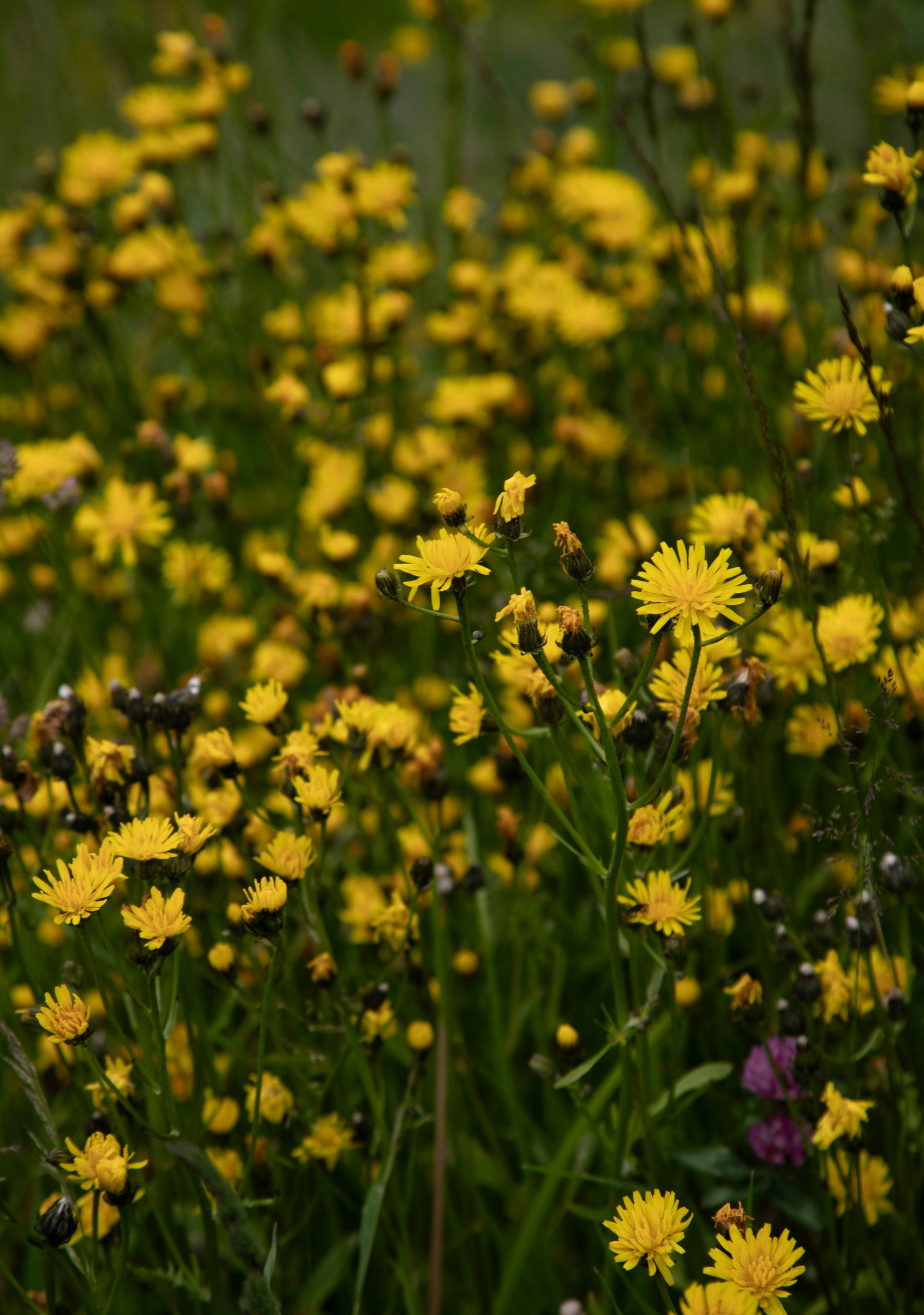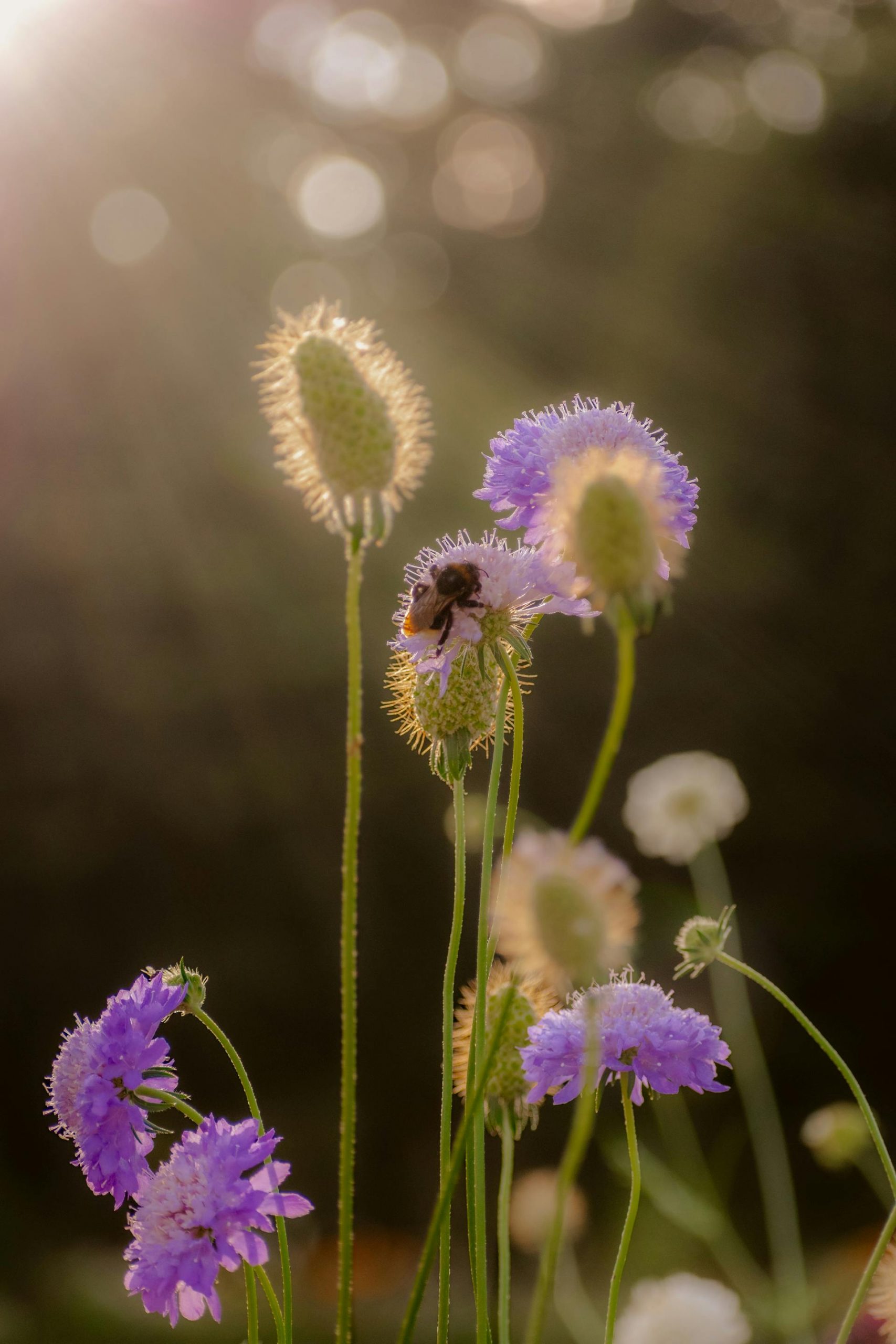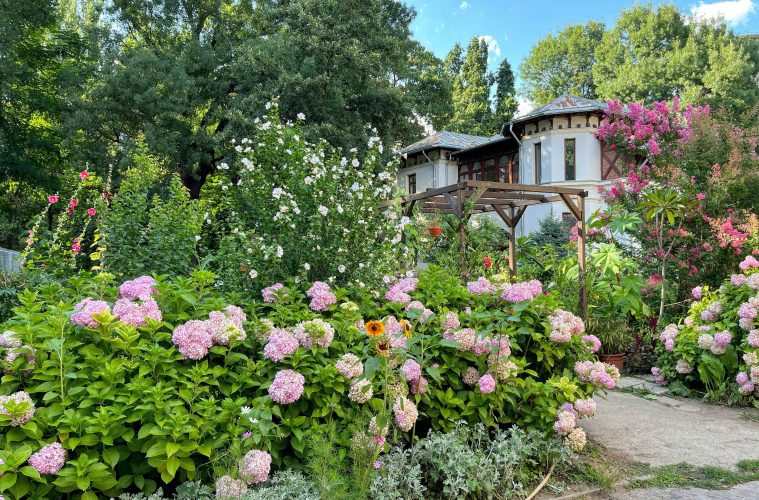There’s been a growing buzz about growing native plants. There are many reasons to go to your garden. These plants are easier to care for, provide food and shelter for wildlife, and help to restore the ecosystem one plant at a time. You can be part of a global change by including a variety of natives that bloom at different times of the year.
Native plants are endemic to a particular area, and they have evolved and adapted to the local climate and growing conditions, becoming an integral part of the ecosystem. Adding a few native plants to your garden can go a long way towards supporting the wildlife ecosystem.

Image Credit: Unsplash
Why are native plants important?
These plants are important as they support many native animals in the area. Since plants and animals evolved alongside each other, they are well-adapted to rely on each other for food and shelter. Many native trees, such as oak trees, play a crucial role in providing shelter for various species.
Natives are easier on the environment, as they eliminate the need for fertilisers and most require little water. Growing natives in your garden can reduce the carbon footprint by creating a garden that is easier to maintain and restore balance to the environment.
Benefits of planting natives in your garden
Not only are native plants beautiful and add visual appeal to your garden, but they also provide your garden with benefits. These are some of the benefits native plants have on your garden:
- They provide habitat and food for the local animals
- Help improve biodiversity in the area
- Some can survive on less water
- They support a healthy environment
- Natives are low-maintenance (saving you time)
- Native plants can also help reduce air pollution

Image Credit: Pexels
ALSO SEE: FULL SHADE GARDENING: PERENNIALS PERFECT FOR SHADE GARDENS
Feature Image: Unsplash

